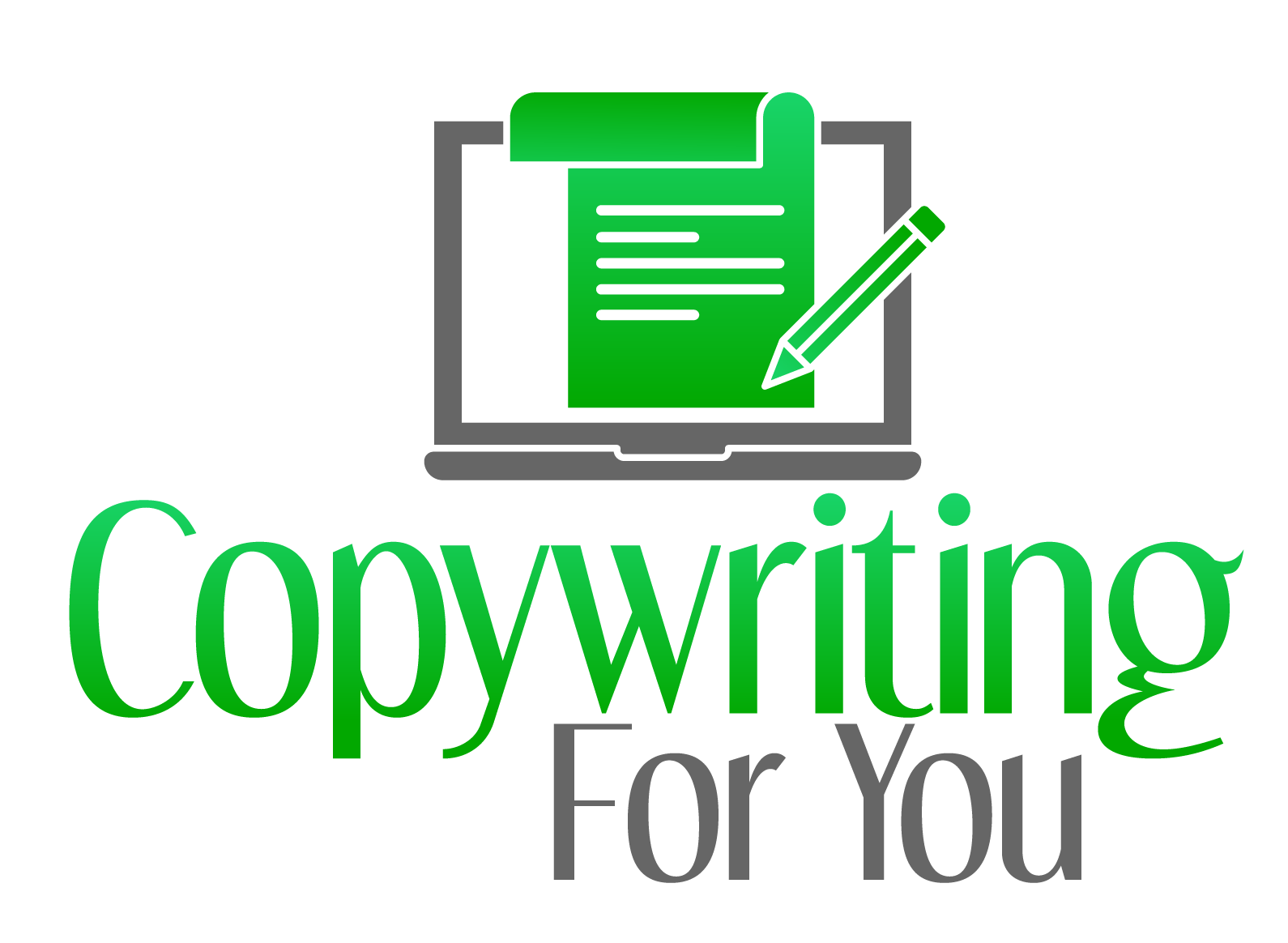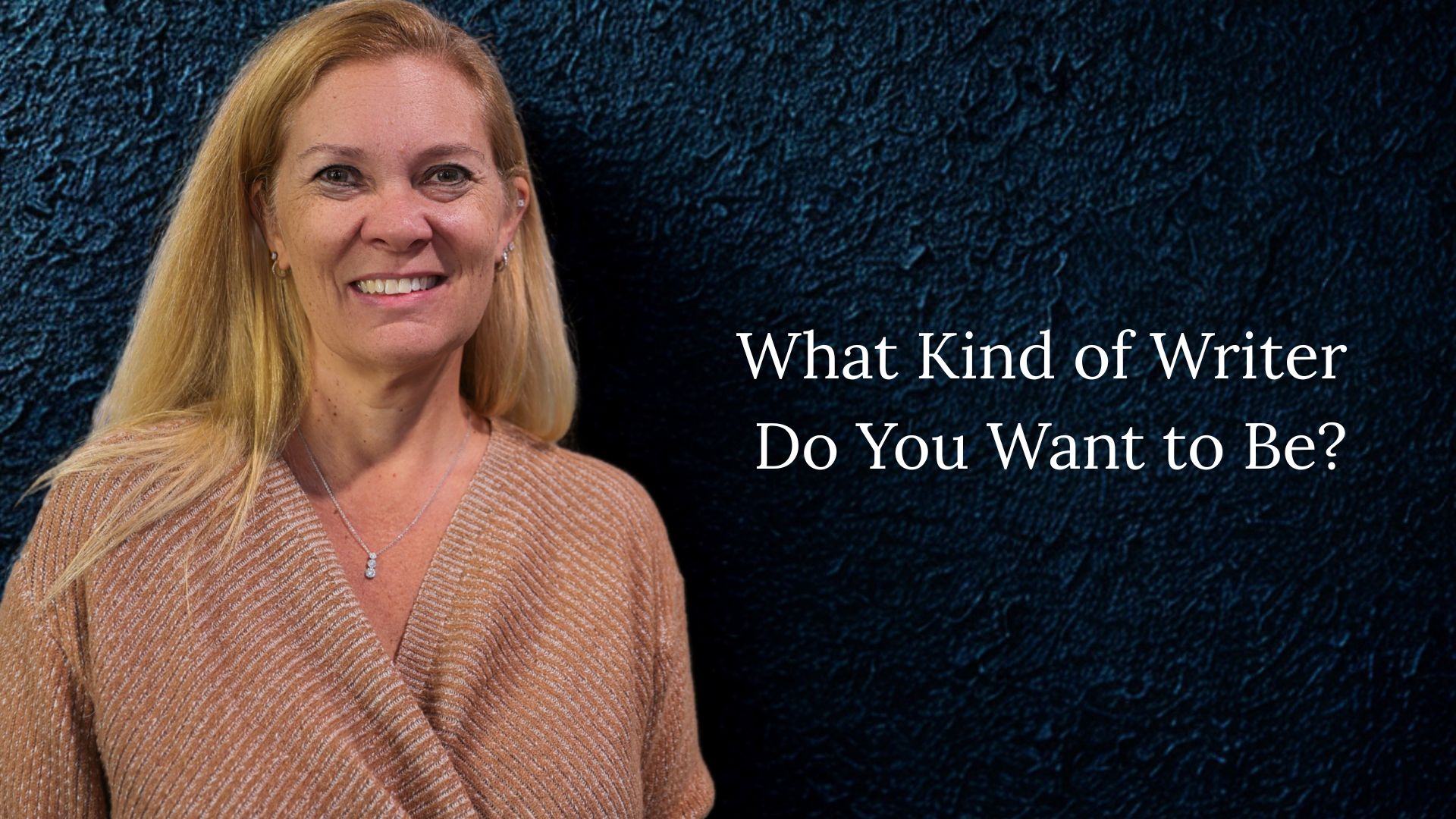Over the weekend, I had the chance to attend Pack in the Readers at the KI Convention Center in Green Bay, WI. I had a table filled with my books: Perseverance. Reinvention., Emily’s Next Chapter, and The Top 10 Mistakes I Made My First Year as a Copywriter. And while it’s always fun to connect with other book lovers and writers, one question kept popping up that inspired this blog post:
“What kind of writer do I want to be?”
It came up after people picked up my copywriting book and asked, “Wait, what exactly is copywriting?” Or, “How is this different from writing a novel?”
So lI decided to break down my perspective on the answer.
Understanding the Different Types of Writing
When you sit down to write, the first thing to consider is your purpose. That one word can shape everything, from your tone and structure to your ultimate goal.
- Copywriting is writing with a goal to sell. It’s persuasive, direct, and written with conversion in mind. Whether it’s a headline, a social media ad, a landing page, or even a product description, copywriting is designed to motivate someone to take action. It’s the “buy now,” “click here,” “schedule today” type of writing, and it’s everywhere.
- Content writing is informative. Think blog posts (like this one), case studies, articles, whitepapers, and newsletters. Content writing builds trust and establishes authority by offering something helpful, insightful, or educational. You’re still moving someone toward a decision, but the approach is more relationship-driven than transactional.
- Author writing, or writing books, is usually designed to entertain, provoke thought, or tell a story. Of course, there’s crossover. Some authors write to inspire a mindset shift or to promote a cause. But the primary intent is different. Your job as an author is to keep your reader turning the page, not necessarily clicking “add to cart.”
At Pack in the Readers, several aspiring authors asked if my copywriting book was right for them. And my honest answer? It depends.
What Can You Learn in My Book About Copywriting?
If you’re looking for a how-to guide on crafting persuasive sales copy, this book won’t give you step-by-step frameworks. What it does offer is a look behind the curtain of building a freelance writing business.
That means it includes:
- A chapter on how to use social media to grow your online presence, something every author needs
- A section on the value of blogging, because a blog isn’t just for businesses. It’s a great way for authors to share what went into writing their book, offer behind-the-scenes insight, and connect with readers
- A discussion on AI and writing, and let’s be real, everyone’s wondering how to use (or not use) tools like ChatGPT in their writing process
So yes, even if you only want to write novels, you may still find a few helpful takeaways inside The Top 10 Mistakes I Made My First Year as a Copywriter.
But more importantly, thinking about what kind of writing excites you most is a great first step. Because understanding your answer to “what kind of writer do you want to be?” helps you choose what to read, what to study, and what to focus your energy on.
- If you love the idea of building characters, crafting scenes, and telling stories, then you’re likely more of a creative writer or author.
- If you enjoy educating, sharing insights, or explaining things in a clear and friendly way, you may lean toward content writing.
- And if you get a thrill from selling a product, writing catchy headlines, or testing email subject lines, copywriting might be your niche.
Or maybe, like me, you do a little bit of all three.
Your Writing Path Starts with Knowing What Kind of Writer You Are
There’s no one-size-fits-all answer to writing. But asking what kind of writer do you want to be is the perfect place to begin. Whether you’re chasing a career in freelance copywriting, building your content portfolio, or working on the next great novel, understanding your purpose will shape your path.
And if you’re a business owner who knows writing is important but doesn’t want to do it yourself, that’s where Copywriting For You comes in. I help businesses communicate clearly, connect with their audience, and grow through strong copy and content writing.
Need help telling your story? Let’s chat.

